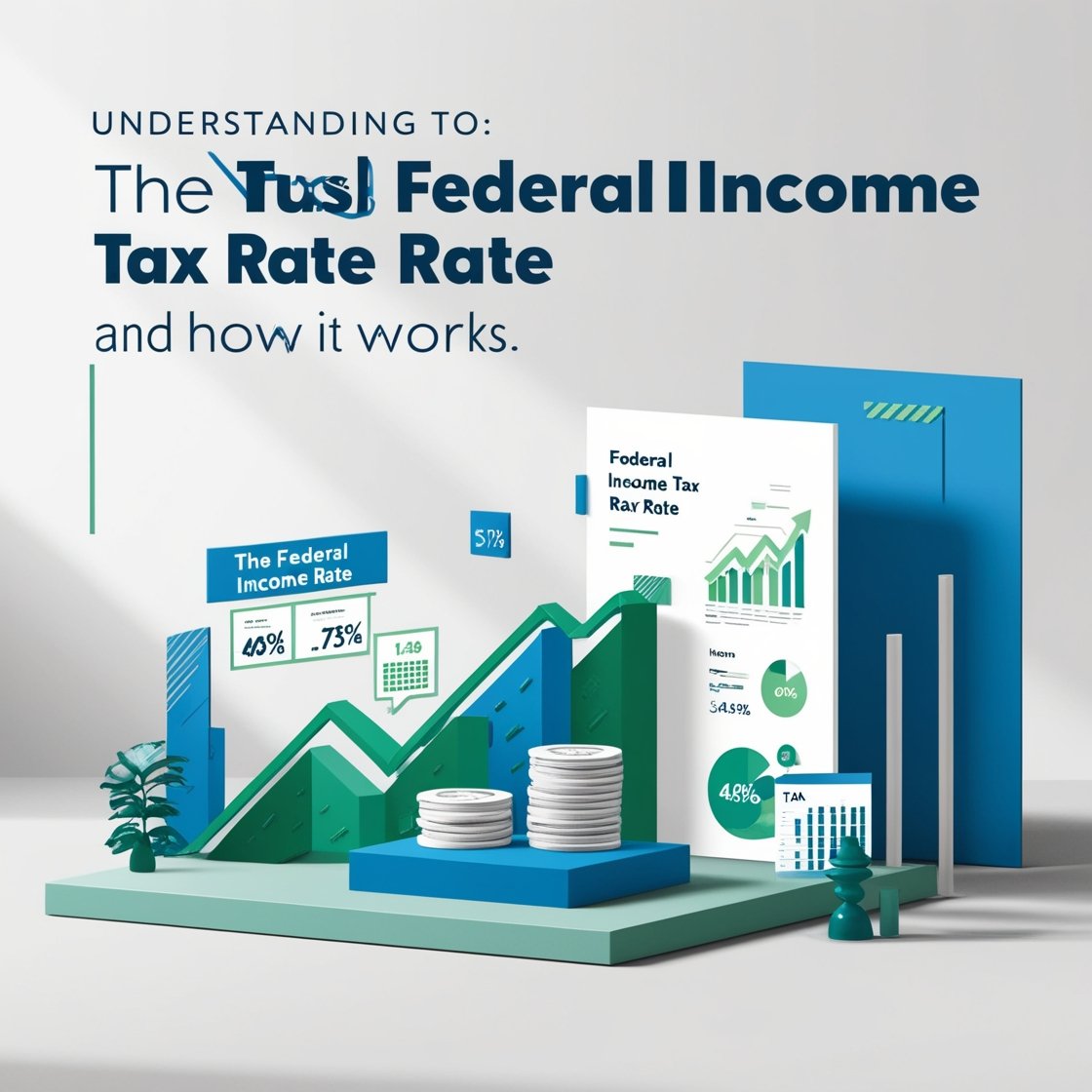What Is the Federal Income Tax Rate?
The federal income tax rate is the percentage of an individual’s or business’s taxable income that must be paid to the federal government. In the United States, this tax is levied by the Internal Revenue Service (IRS) and serves as a primary source of revenue for the government. The federal income tax system is progressive, meaning that higher income levels are taxed at higher rates.
How the Federal Income Tax Works
The U.S. federal income tax system follows a progressive tax structure, which means individuals pay different tax rates based on their income brackets. Instead of paying one fixed rate on all income, taxpayers pay different rates on different portions of their income. This is commonly referred to as tax brackets.
Federal Tax Brackets and Marginal Tax Rates
The IRS sets tax brackets with specific rates that apply to different portions of an individual’s taxable income. These brackets are adjusted annually for inflation.
For example, if the tax brackets for a given year are:
- 10% on income up to $11,000
- 12% on income from $11,001 to $44,725
- 22% on income from $44,726 to $95,375
An individual earning $50,000 would not pay 22% on the entire income. Instead, their tax liability would be calculated as follows:
- 10% on the first $11,000 = $1,100
- 12% on income from $11,001 to $44,725 = $4,047
- 22% on the remaining $5,275 ($50,000 – $44,725) = $1,160.50
Total tax owed: $1,100 + $4,047 + $1,160.50 = $6,307.50
This is different from a flat tax system, where the same rate applies to all income levels.
Taxable Income vs. Gross Income
Taxpayers are not taxed on their entire earnings. The IRS allows deductions and credits that reduce taxable income. Understanding the difference between gross and taxable income is essential.
- Gross Income: Total earnings before deductions
- Taxable Income: Gross income minus eligible deductions, such as standard deductions, itemized deductions, and tax credits
For example, if someone earns $60,000 but has $10,000 in deductions, their taxable income is $50,000.
Standard Deduction vs. Itemized Deductions
The IRS allows taxpayers to reduce taxable income using:
- Standard Deduction: A fixed deduction amount (varies by filing status)
- Itemized Deductions: Specific deductions like mortgage interest, medical expenses, and charitable donations
Taxpayers choose the option that provides the most tax savings.
Tax Credits vs. Tax Deductions
- Tax Deduction: Reduces taxable income (e.g., a $5,000 deduction lowers taxable income from $50,000 to $45,000)
- Tax Credit: Directly reduces tax owed (e.g., a $1,000 credit reduces tax liability by $1,000)
Common tax credits include the Child Tax Credit (CTC) and the Earned Income Tax Credit (EITC).
Federal Income Tax for Businesses
Businesses are also subject to federal income tax. Different structures have different tax rates:
- Corporations (C-corporations) pay a flat federal tax rate of 21%.
- Pass-through entities (S-corporations, LLCs, sole proprietorships) report business income on individual tax returns and pay taxes at individual rates.
Contact us: +1 (972)-996-6644
Email us : info@theriwa.com Visit our website : https://theriwa.com/






